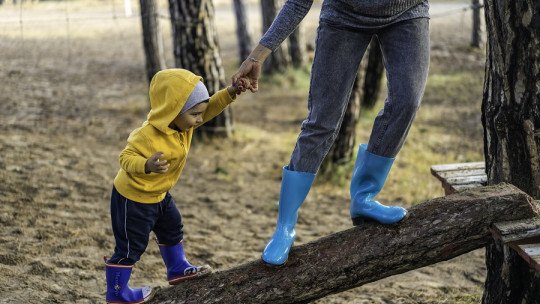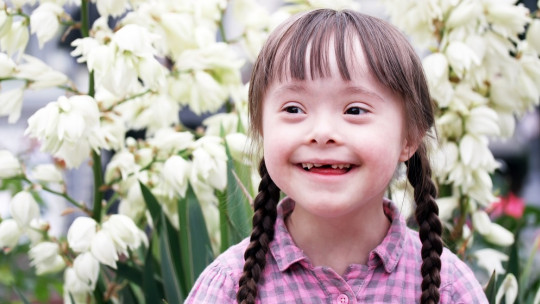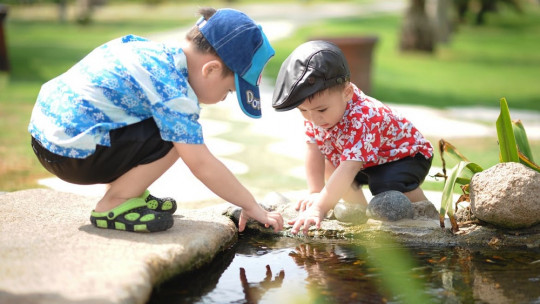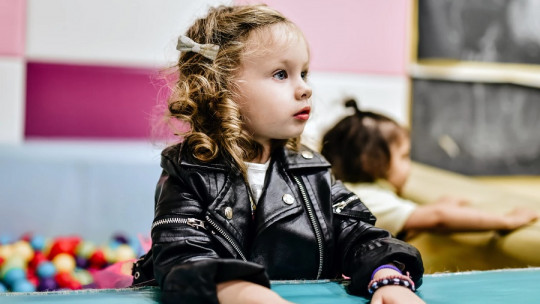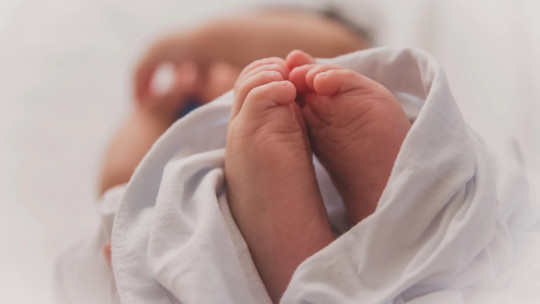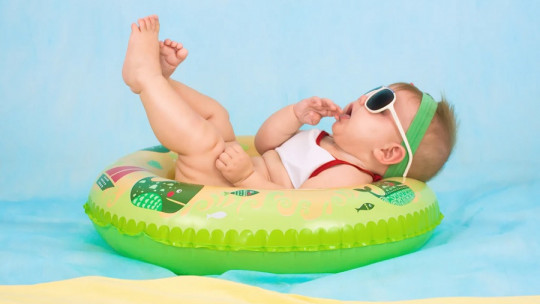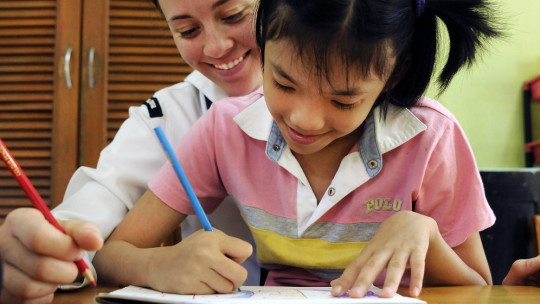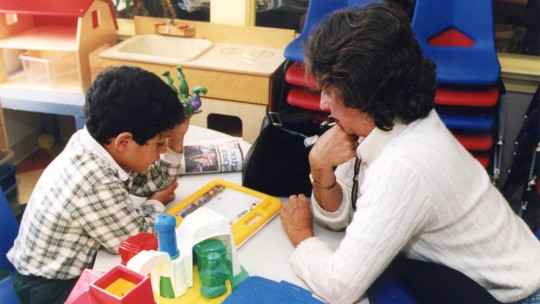The adequate acquisition of psychomotor skills during childhood is essential to guarantee adequate growth and facilitate the subsequent learning process. As little ones explore the world around them, they acquire motor skills that allow them to interact, move and manipulate objects in increasingly precise ways. These motor skills not only provide them with independence and autonomy, but also play a crucial role in their cognitive, emotional and social development.
During the first years of life, children go through various stages in their psychomotor development, reaching important milestones as they grow. From the involuntary movements of newborns to the motor coordination and balance necessary to walk, run and jump, each motor achievement contributes to the formation of a solid foundation for the overall development of the child.
In this outreach article, we will explore in detail what it entails. psychomotor development in childhood, the factors that influence its progress and the long-term benefits it entails. Additionally, we will provide practical strategies to encourage psychomotor development in children, with the aim of promoting their well-being and maximizing their potential.
Psychomotor development in childhood
During childhood, psychomotor development encompasses a wide range of motor skills that children acquire and refine as they grow. From the first months of life, infants begin to discover the world around them mainly through instinctive reflexes and involuntary movements. Over time, they learn to control these movements, becoming deliberate, allowing the development of more precise and coordinated actions.
1. Gross motor skills
One of the key aspects of psychomotor development in childhood is the development of gross motor skills. These skills involve the control and coordination of large muscle groups, allowing children to perform activities such as crawling, walking, running, jumping and climbing. These achievements are not only important from a physical point of view, but also They also play a vital role in children’s cognitive and socio-emotional development
2. Fine motor skills
At the same time that the development of gross motor skills takes place, children begin to develop their fine motor skills. These skills involve the control of small muscles, such as those in the hands and fingers, and are essential for activities such as grasping objects, using utensils, writing, and drawing The development of these fine skills is essential for the development of manual dexterity, hand-eye coordination, and the acquisition of cognitive skills, such as problem solving and concentration.
Factors that influence psychomotor development
Psychomotor development in childhood is influenced by a combination of genetic, environmental and social factors. Understanding these factors allows us to identify how we can support and encourage optimal motor development in children.
1. Genetic factors
Children inherit certain genetic predispositions that can influence their ability to acquire motor skills. Some may have greater coordination or physical stamina naturally, while others may need more time and practice to reach certain developmental milestones. However, it is essential to keep in mind that genetic factors do not determine a child’s motor destiny since the environment and experiences also have a significant impact.
2. Environmental factors
The environment in which a child grows up plays a crucial role in his or her psychomotor development. A safe and stimulating environment provides opportunities for movement and exploration, which is essential for motor development. Children who have access to spaces suitable for active play, such as parks and playgrounds, have more opportunities to develop their motor skills. It is important to provide an environment that encourages practice and experimentation encouraging children to move freely and discover their surroundings.
3. Health factors
Nutrition and sleep also play a significant role in children’s psychomotor development. A good diet can be key to accessing the nutrients necessary for muscle growth and development. Likewise, adequate sleep allows the body to recover and strengthen, contributing to good motor performance during the day.
4. Social factors
Furthermore, the establishment of appropriate social interactions and play behaviors is very important for psychomotor development. Through interaction with peers and caregivers, children learn to communicate, collaborate and develop social skills. Active play, both alone and in a group, provides opportunities for motor development, while encouraging creativity, problem solving and self-confidence.
Benefits of psychomotor development
Proper psychomotor development in childhood has a number of long-term benefits that go beyond motor skills themselves. These strong motor skills lay the foundation for healthy development in other areas of children’s lives.
1. Academic performance
Considering especially the development of fine motor skills, these are very important to learn to read, write and draw, since include learning to use a pencil properly, e.g Additionally, gross motor skills such as balance and coordination contribute to proper posture and good concentration during school activities.
2. Self-esteem
Adequate psychomotor development also helps boys and girls adjust their emotions, feeling part of the group and experiencing feelings of achievement, which is positive for building healthy self-esteem. This will be decisive over time for many other areas of the child’s life; Learning to love and value yourself is one of the most important steps in development.
3. Socio-emotional development
Playing and interacting with other people is very positive for developing communication and the ability to solve social problems. Well-developed motor skills facilitate participation in sports and recreational activities which encourages social inclusion, teamwork and mutual respect.
How to promote psychomotor development?
To promote psychomotor development in children, there are various practical strategies that can be implemented in the family and educational environment. Below, and by way of conclusion, are some useful suggestions:
1. Active game:
Provides opportunities for active play and physical exploration. Allows children to move freely, crawl, climb, jump and run. Outdoor play in parks and open spaces provides an ideal environment for children to develop motor skills and enjoy nature
2. Sensory stimulation:
Provide enriching sensory experiences that involve different textures, sounds, smells and flavors. Allows children to manipulate objects of different sizes and shapes, such as building blocks, puzzles, and manipulative toys.
3. Coordination activities:
Encourage activities that require motor coordination, such as throwing and catching a ball, jumping rope, riding a bicycle, or playing sports. These activities promote different psychomotor abilities such as balance or coordination of movements.
4. Arts and crafts:
Promotes creative activities that involve the use of hands, such as painting, drawing, cutting and modeling with plasticine. These activities encourage the development of gross motor skills, as well as the ability to be creative and lateral thinking.
5. Support and encouragement:
Create a space in which children feel safe and supported to explore and develop new skills. Celebrate achievements and effort, providing positive feedback and motivation.

